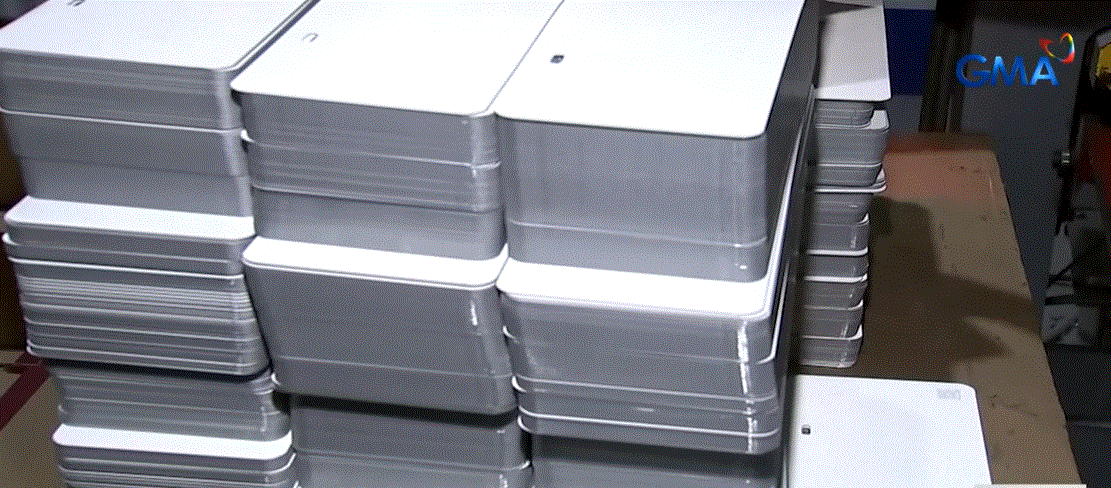As of December 2023, millions of motorcycles in the Philippines still lack proper license plates, leading to ongoing road use without identification. The Commission on Audit (COA) revealed this issue in its 2023 report on the Land Transportation Office (LTO).
9 Million Plates Backlogged
The COA report highlighted a staggering backlog of 9,115,374 motorcycle plates, a problem that dates back several years. This delay is separate from the nearly 1.7 million replacement vehicle plates, valued at ₱763.5 million, which were paid for as early as 2015 but have not been produced or delivered to regional offices for distribution.
Why the Delays?
LTO Executive Director Greg Pua Jr. explained that the issue stems from multiple challenges over the years:
- In 2014, a bidding dispute caused legal cases and a temporary restraining order (TRO), halting progress.
- Problems persisted even after partial resolution in 2018-2019 when another TRO in Manila compounded the backlog.
This series of events led to a backlog that once reached 13 million plates, which has since been reduced but remains a major issue.
No Penalties for Motorists Without Plates
The LTO assured motorists that they would not face penalties for lacking license plates, provided they carry their sales invoice and official receipt-certificate of registration (OR-CR) as proof of compliance.
In August 2023, the LTO issued a memorandum clarifying that vehicles without plates will not be apprehended, further easing motorists’ concerns.
Aiming for Resolution by 2025
To address the issue, the LTO and the Department of Transportation (DOTr) have procured finished plates to speed up production. The agency has set a target to clear the backlog by June 2025, combining efforts from their plate production plant and contracted suppliers.
“We’re working hard to catch up. Both our facility and the winning bidder are producing plates,” Pua emphasized.
COA Recommendations
The COA recommended that the LTO coordinate closely with the Department of Budget and Management (DBM) to ensure the timely release of funds needed for procurement and distribution. This, they believe, will help resolve the delays faster.
With millions of vehicles affected, motorists and authorities alike are eager for swift solutions to bring the country’s roads closer to compliance with licensing standards.


















